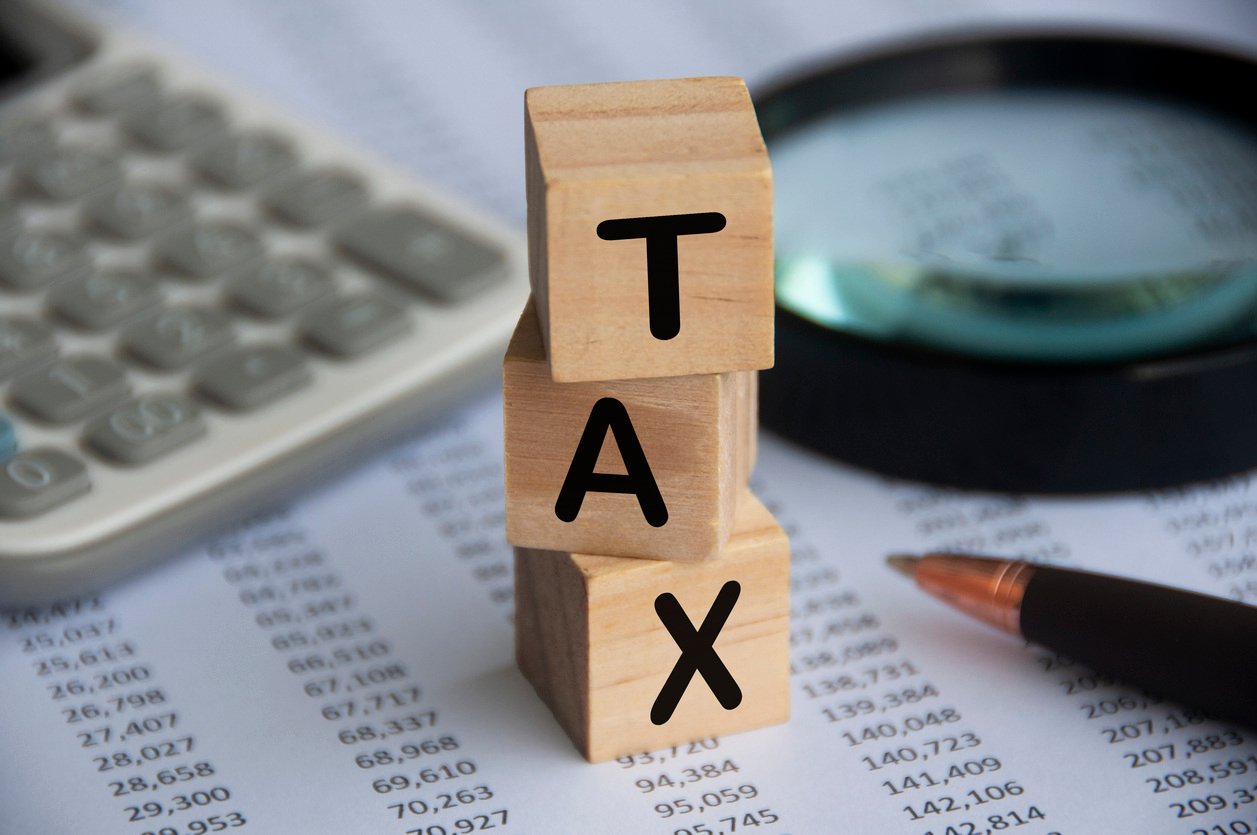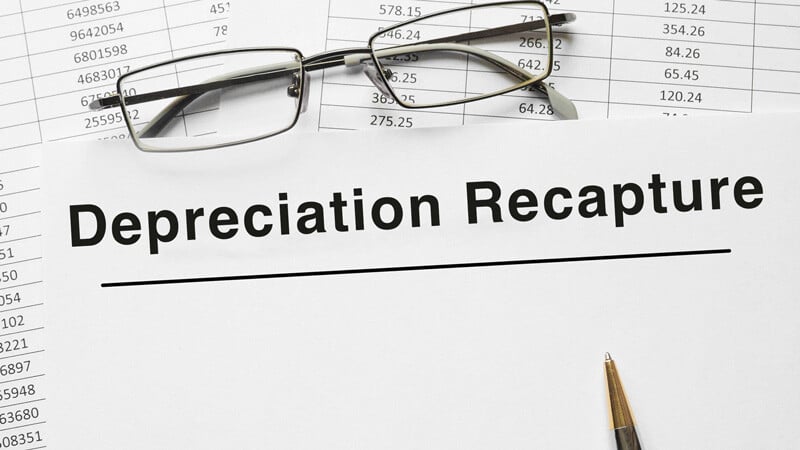Page 3 21 - 30 of 277
Phantom Tax: What It Is And How It Works

Tax planning and management are already complex enough. Then comes the unexpected — phantom tax. This concept is something that not many companies and inventors anticipate, but it’s still a tax liability that you must address. Otherwise, you can suffer penalties and other unwanted consequences.
Depreciation Recapture: What It Is, How It Works & How To Calculate

When considering the sale of an appreciated asset, investors have various things to consider. One thing that affects how much they’re going to earn after the transaction is depreciation recapture.
Do I Need to File IRS Form 4562?

When an investor buys an investment property or asset, the IRS allows the investor to take an annual depreciation expense. The investor needs to let the IRS know that depreciation is being taken on the property or properties each year. We'll describe the form to use and when investors should use it.
Do Losses on Rental Property Carry Forward?

As an owner of or investor in rental property, you could take advantage of many deductions in addition to potentially receiving cash flow. Prospective tax benefits are one reason why many investors turn to rental real estate ownership.
Is Property Transfer Tax Deductible?

Property transfer taxes are taxes on property transfers. The transfer transaction is similar to a buy/sell transaction in that ownership of the property changes. There is still a closing, potentially a real estate agent, fees, and the title. However, unlike a buy/sell transaction, there are no funds involved.
How Do I Report the Sale of Mineral Rights on My Tax Return?

While the royalties you could earn from mineral rights are taxed as ordinary income, the IRS considers the amount gained from selling those rights a capital gain. As with the sale of real estate or other capital assets, you must report the sale of mineral rights on Form 4797. The calculation and payment of the taxes on that gain will depend on several variables.
Does an Estate Pay Taxes on the Sale of a Home?

Inheriting a home after someone close to you dies can bring significant financial benefits, but it also may come with tax liabilities if you sell the home after receiving it as part of the decedent’s estate.
Can Rental Losses Offset Ordinary Income?

Many real estate investors also work full-time jobs. Wouldn’t it be great to reduce wage income (i.e., ordinary income) with rental losses?
Inheritance Tax: What It Is And How It Works

In 2022 alone, the IRS collected an estimated $33 billion in revenue from inheritance tax. So, what is inheritance tax? And why should it be a critical consideration for people who are estate planning? Realized 1031 has shared a comprehensive guide about inheritance tax and everything you should know about it.
How is Rental Income Taxed When You Have a Mortgage?

Owning rental property has positive benefits. One of those benefits could be potential cash flow from tenant payments. However, most incomes are subject to some kind of tax, and rental income is no different. But if you took out a mortgage to buy or refinance your rental property, how is your rental income taxed?
Page 3 21 - 30 of 277


